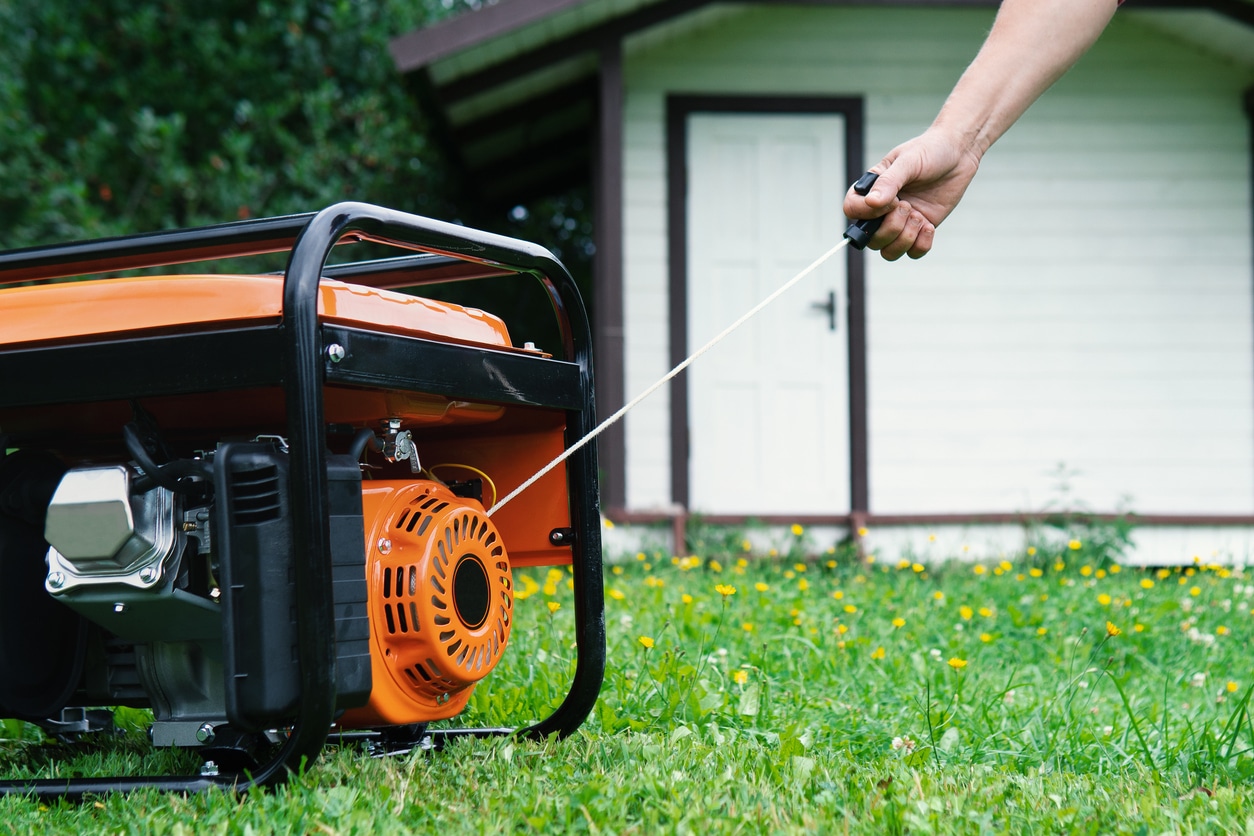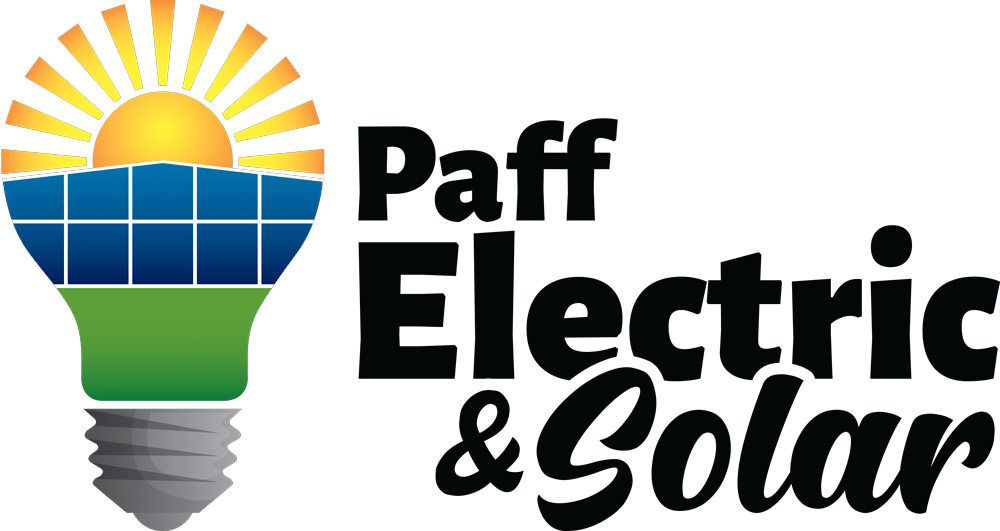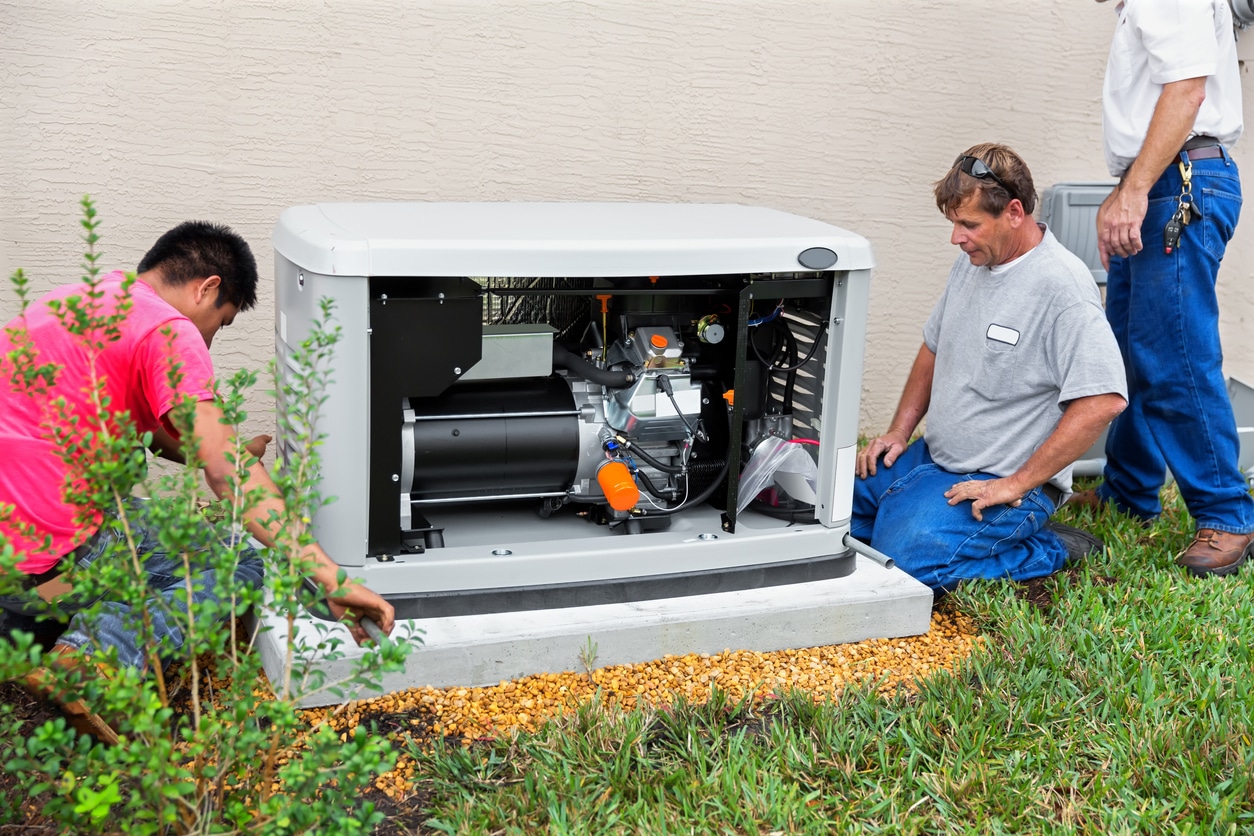Uninterrupted Power Solutions for Every Household
Installing Premium Generators in Cincinnati Home’s for Exceptional Performance
Living in Cincinnati, OH, homeowners are no strangers to unexpected power outages that can disrupt daily life and cause discomfort. From fierce storms knocking out the power grid to the occasional maintenance blackout, these interruptions can often be more than just a minor inconvenience. They can lead to spoiled food, extreme temperatures, and even health risks when critical medical equipment is in use.
Investing in a Generac generator for your home means securing a reliable backup power source that kicks in automatically, ensuring your home remains a sanctuary of comfort and safety, regardless of the Ohio weather.
The quest to find the best home generator ends with Paff Electric and Solar. We understand the critical importance of keeping your home powered during unforeseen outages. We offer state-of-the-art Generac home generators and custom installations that cater precisely to your energy needs.
Imagine the convenience of a whole home generator that powers up the moment the electricity goes off, keeping the lights on, appliances running, and your family safe. With Paff Electric and Solar, achieving this level of reliability and peace of mind is not just a possibility but a promise.
Generators Designed for Ultimate Peace of Mind
Beyond sheer functionality, Generac generators ensure your comfort, safety, and security remain uninterrupted, offering peace of mind that is truly priceless. Consider these vital signs indicating your home could benefit greatly from a Generac generator:

Your Trusted Partner for a Reliable Backup Power Solution For Your Home
In times when power outages are more than a temporary inconvenience, ensure your home is equipped with a cutting-edge backup power solution. Paff Electric and Solar’s top-tier Generac generators bring you pure comfort and unwavering reliability. Immerse in uninterrupted living, knowing your sanctuary is safeguarded against unexpected blackouts.
Your Trustworthy Shield Against Blackouts with Everything to Know About Generators
Navigate through the essential generator knowledge with our FAQ section. Here, you’ll find expert answers that unravel the complexities of selecting and maintaining your backup power system, ensuring you confidently make an informed decision.
A Generac whole-home generator offers a seamless and automatic power transition without the need for manual setup or refueling like portable generators. Designed to power your entire home, it ensures that every corner of your living space remains vibrant and functional during a power outage, making it the ultimate choice for convenience and reliability.
The right size for your home depends on several factors, including your home’s size and the number of appliances you wish to power during an outage. A Paff Electric and Solar expert can conduct a detailed assessment of your power needs. Afterwards, we can recommend the perfect Generac generator model that aligns with your household’s specific requirements.
Regular maintenance is key to ensuring your Generac generator remains in optimal condition for when you need it most. We recommend a professional service check at least once a year, but this can vary based on usage and other factors. Paff Electric and Solar offers comprehensive maintenance plans tailored to keep your generator running smoothly for years to come.
Plug Into Unparalleled Electrical Expertise
Call now for reliable electrical help.

Get in Touch
Stay Powered with Our Tips and Insights into Electrical Updates
Visit our blog for additional ways to keep your home safe, comfortable, and running efficiently. From understanding the nuances of home generators to maintenance tips that extend the life of your unit, Paff Electric and Solar is your go-to source for all things power.





